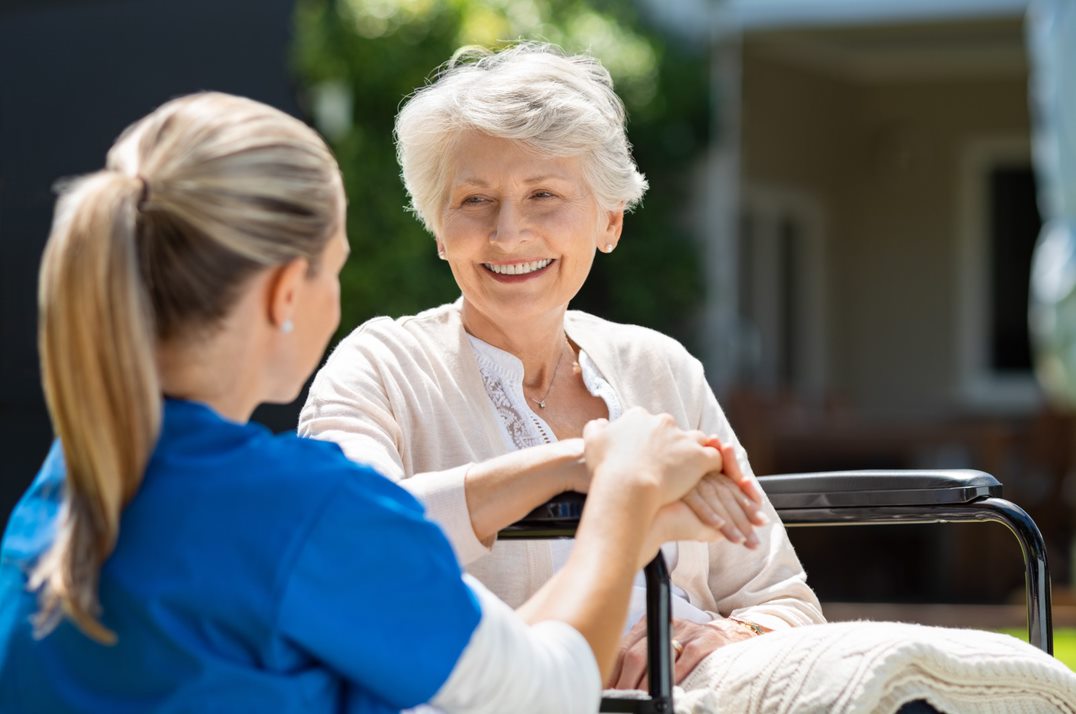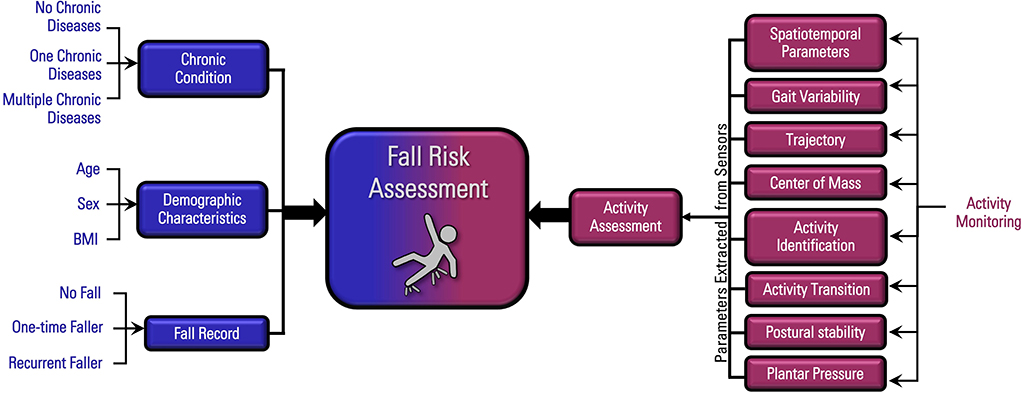9 Easy Facts About Dementia Fall Risk Explained
9 Easy Facts About Dementia Fall Risk Explained
Blog Article
The Definitive Guide for Dementia Fall Risk
Table of ContentsThe Of Dementia Fall RiskThe Ultimate Guide To Dementia Fall RiskRumored Buzz on Dementia Fall RiskA Biased View of Dementia Fall RiskGet This Report on Dementia Fall Risk
The FRAT has three sections: fall danger condition, risk factor list, and action strategy. An Autumn Risk Standing includes data concerning history of current drops, medications, emotional and cognitive condition of the patient - Dementia Fall Risk.If the individual scores on a risk factor, the equivalent number of points are counted to the patient's autumn danger rating in the box to the far. If a patient's autumn risk rating totals five or higher, the person is at high risk for drops. If the individual scores just four factors or reduced, they are still at some threat of falling, and the registered nurse must use their ideal scientific assessment to handle all fall threat factors as component of an all natural care plan.
These typical techniques, as a whole, aid create a safe setting that reduces unexpected drops and marks core precautionary measures for all clients. Indicators are vital for clients in jeopardy for drops. Doctor need to acknowledge that has the condition, for they are liable for applying actions to advertise individual safety and security and protect against falls.
Indicators on Dementia Fall Risk You Need To Know
For instance, wristbands need to include the person's last and given name, date of birth, and NHS number in the UK. Information must be printed/written in black against a white background. Just red color needs to be made use of to indicate unique patient status. These suggestions follow existing advancements in person identification (Sevdalis et al., 2009).
Things that are as well far may require the client to connect or ambulate needlessly and can potentially be a threat or add to falls. Helps prevent the client from going out of bed without any type of support. Nurses react to fallers' telephone call lights faster than they do to lights launched by non-fallers.
Aesthetic disability can considerably cause falls. Keeping the beds closer to the floor lowers the risk of falls and serious injury. Positioning the bed mattress on the flooring significantly lowers fall risk in some healthcare setups.
An Unbiased View of Dementia Fall Risk
Clients who are high and with weak leg muscular tissues that try to rest on the bed from a standing placement are likely to fall onto the bed due to the fact that it's as well low for them to decrease themselves securely. If a high individual attempts to obtain up from a reduced bed without support, the patient is likely to fall back down onto the bed or miss the bed and drop onto the floor.
They're designed to advertise timely rescue, not to protect against falls from bed. Distinct alarms can additionally advise the patient not to rise alone. Using alarm systems can also be a substitute for physical restrictions. Apart from bed alarm systems, raised guidance for high-risk individuals also might help stop drops.

Clients with a shuffling gait rise loss chances dramatically. To decrease loss risk, footwear should be with a little to no heel, slim soles with slip-resistant walk, and support the ankles.
Facts About Dementia Fall Risk Uncovered
Clients, especially older adults, have actually lowered aesthetic capability. Illumination an unfamiliar environment aids raise exposure if the client should stand up in the evening. In a research, homes with adequate illumination record click to find out more fewer drops (Ramulu et al., 2021). Renovation in lighting at home may decrease fall rates in older grownups (Dementia Fall Risk). Using stride belts by all healthcare carriers can advertise safety and security when helping individuals with transfers from bed to chair.

Sitters are reliable for guaranteeing a safe, secured, and risk-free atmosphere. Nonetheless, research studies demonstrated very low-certainty evidence that caretakers minimize autumn threat in acute treatment health centers and just moderate-certainty that options like video clip tracking can decrease sitter use without raising autumn threat, recommending that caretakers are not as beneficial as originally thought (Greely et al., 2020).
The 6-Minute Rule for Dementia Fall Risk

Boosted physical fitness lowers the threat for falls and limits injury that is sustained when loss transpires. Land and water-based exercise programs may be likewise advantageous on equilibrium and gait and thereby decrease the risk for drops. Water workout might contribute a positive advantage on equilibrium and gait for females 65 years and older.
Chair Increase Exercise is a straightforward sit-to-stand exercise that assists strengthen the muscles in the thighs and buttocks and improves mobility and independence. The goal is to do Chair Increase workouts without making use of hands as the customer comes to be stronger. See resources section for a comprehensive direction on just how to carry out Chair Surge exercise.
Report this page